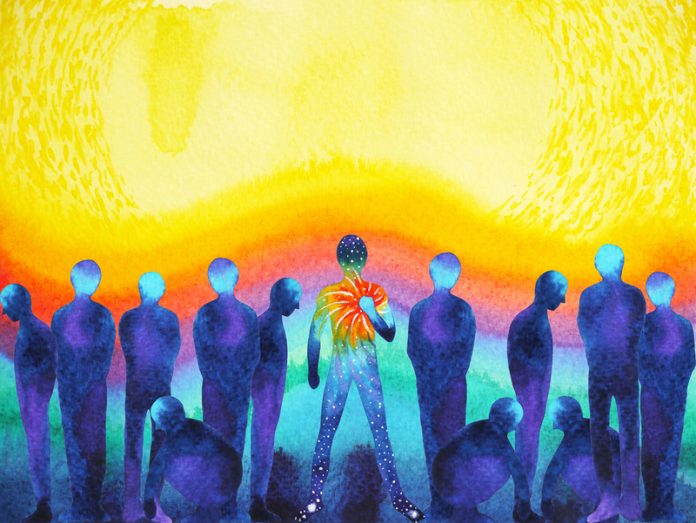Diversity, equity, and inclusion have long been recognised as essential to business and personal success. McKinsey first reported on its benefits as long ago as 2015. But, instead of embracing it, some have become more insular, turning away from different cultures and people. This is a missed opportunity. Here are three reasons why cultural awareness is important.
1. It improves communication
We all want to be heard and understood. Misunderstandings are common, even when people share the same culture and language. Differences make communication harder. And technology has added another layer of complexity. In many cases, remote working has meant that meetings over “zoom”, email, and chat messages have replaced face-to-face conversations.
This change in how we communicate matters because studies suggest most communication is non-verbal. Experts disagree on how much, but, depending on the context, the actual words spoken account for only 7% of all communication. An awareness of each other’s cultures and communication styles helps limit confusion and errors.
2. It helps business and personal success
Companies with a strong focus on diversity, equity, and inclusion outperform their competitors. A 2020 report on diversity found that they were more successful by 25% (by gender diversity) and 36% (by ethnic diversity). Never has this been more important than during the pandemic, where the authors of the report found:
“There is ample evidence that diverse and inclusive companies are more likely to make better, bolder decisions—a critical capability in the crisis.”
The global pandemic has created opportunities and challenges for businesses and their leaders. Previously closed markets have opened up to those quickest to adapt. Others have been forced to shut down, perhaps permanently. Management and staff have embraced remote technology, leaving companies unable or unwilling to change in what has been dubbed “The Great Resignation”.
The pandemic created an urgent need for businesses to focus on fostering diverse talent who can adapt to, and embrace, different cultural backgrounds. According to Wilhelm Meya, being sensitive to cultural differences is crucial for business leaders and companies who want to distinguish themselves in rapidly changing fields.
3. It helps us become world citizens
A world citizen is someone who, instead of being identified by geography, politics, or other constraints, considers themselves part of the global class of humanity. The scientist Albert Einstein famously described himself as a world citizen, saying:
“Nationalism is an infantile disease. It is the measles of mankind.”
Cultural awareness helps us with this by focusing on what we have in common, rather than what sets us apart. It drives us to look at our own culture, beliefs, customs, and values and compare them with others. This makes us better able to interact with people from other cultures and can make a profound difference in how we communicate.
For example, making and keeping eye contact is an important part of Western cultures. It can be used to show confidence, attention, and interest. But in some cultures, such as Aboriginal, it is not considered polite. Knowing this cultural difference helps us develop empathy and understanding for each other.



































